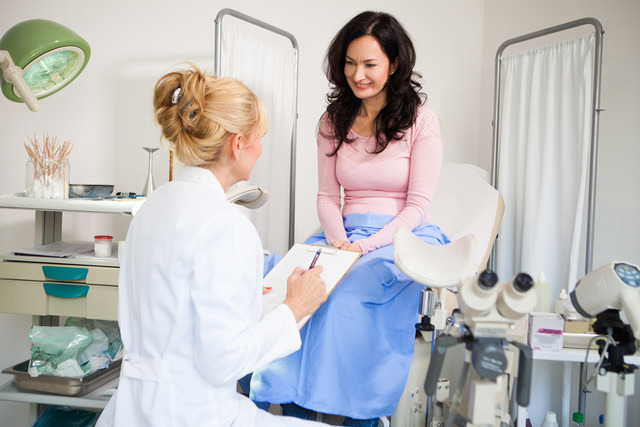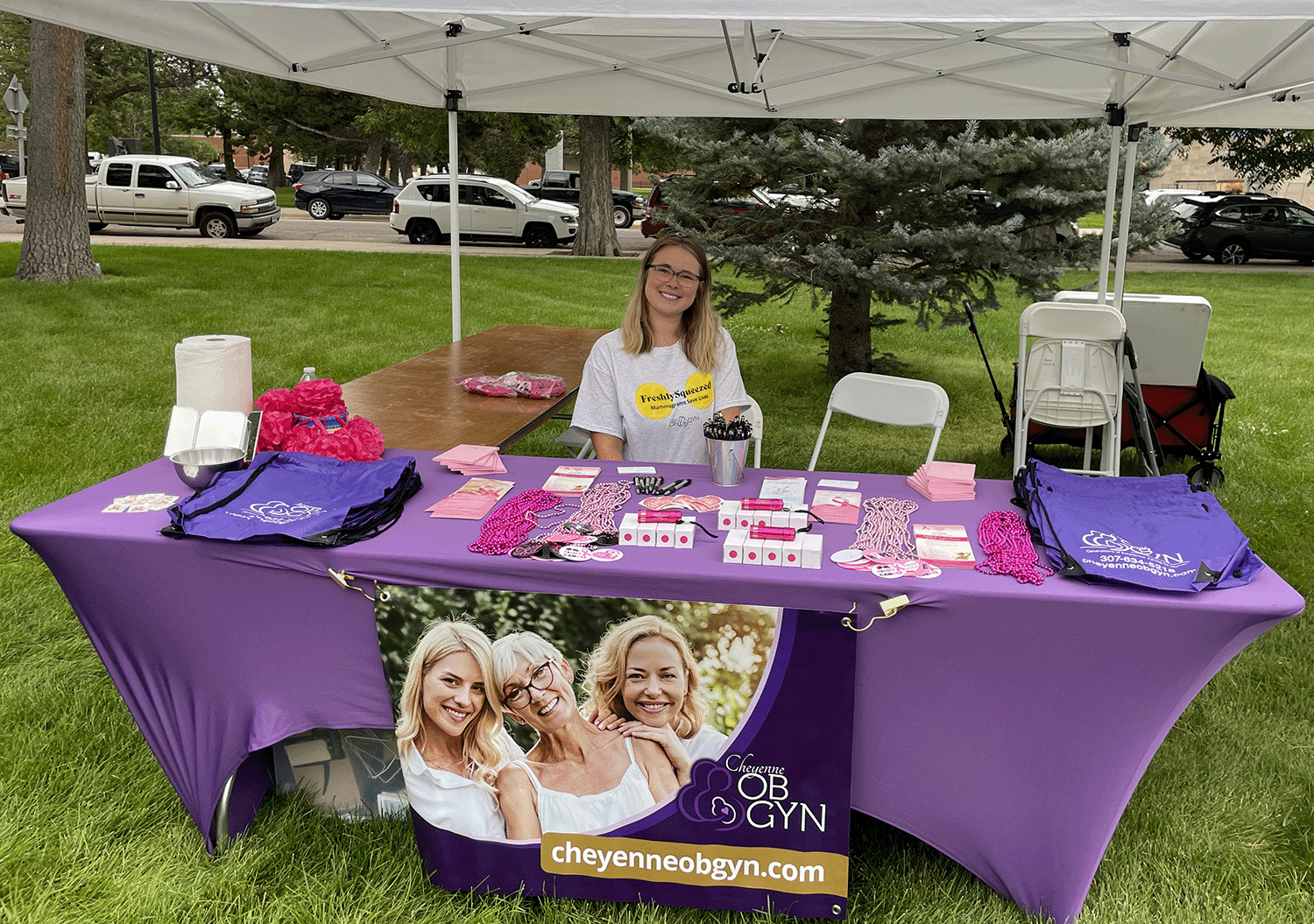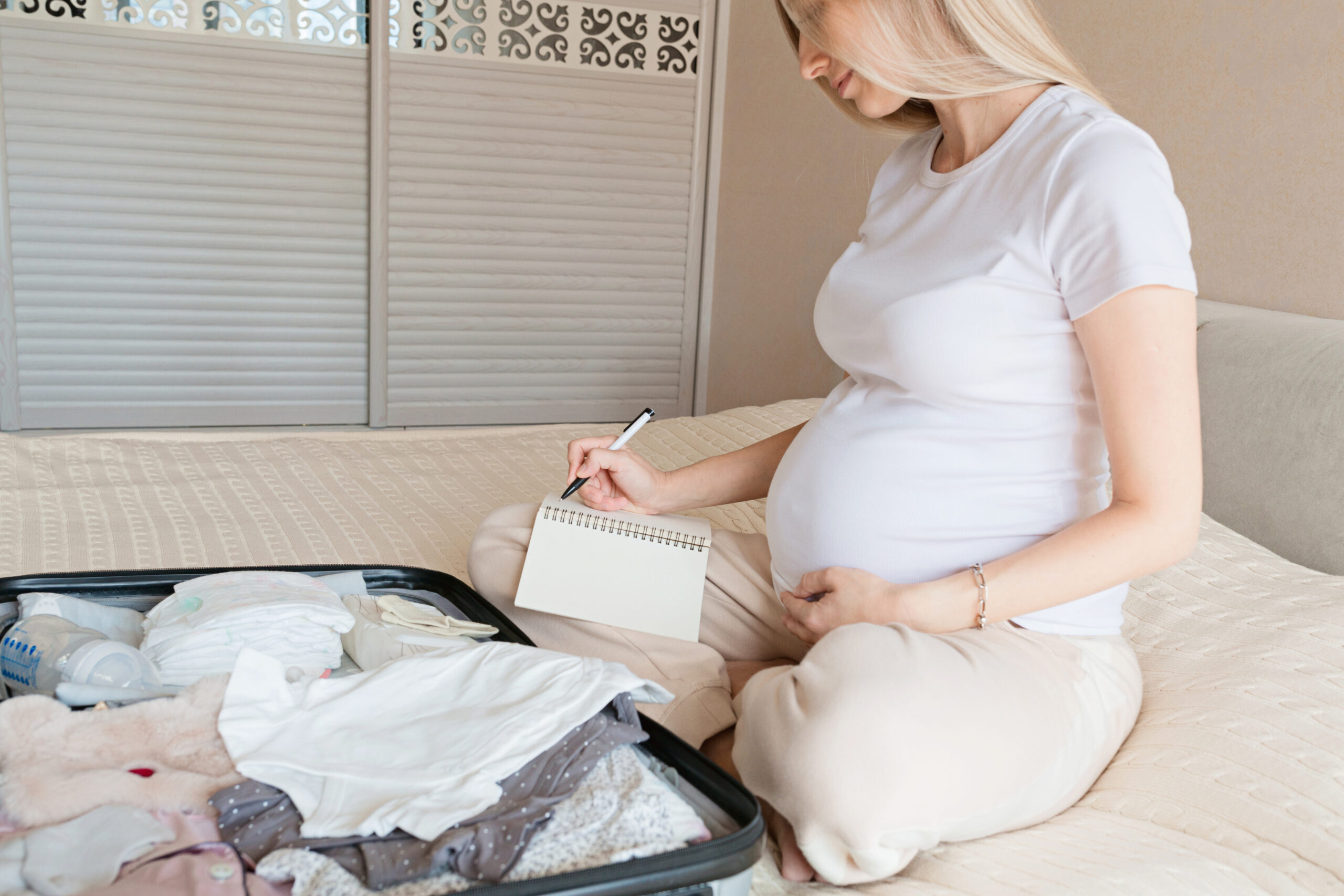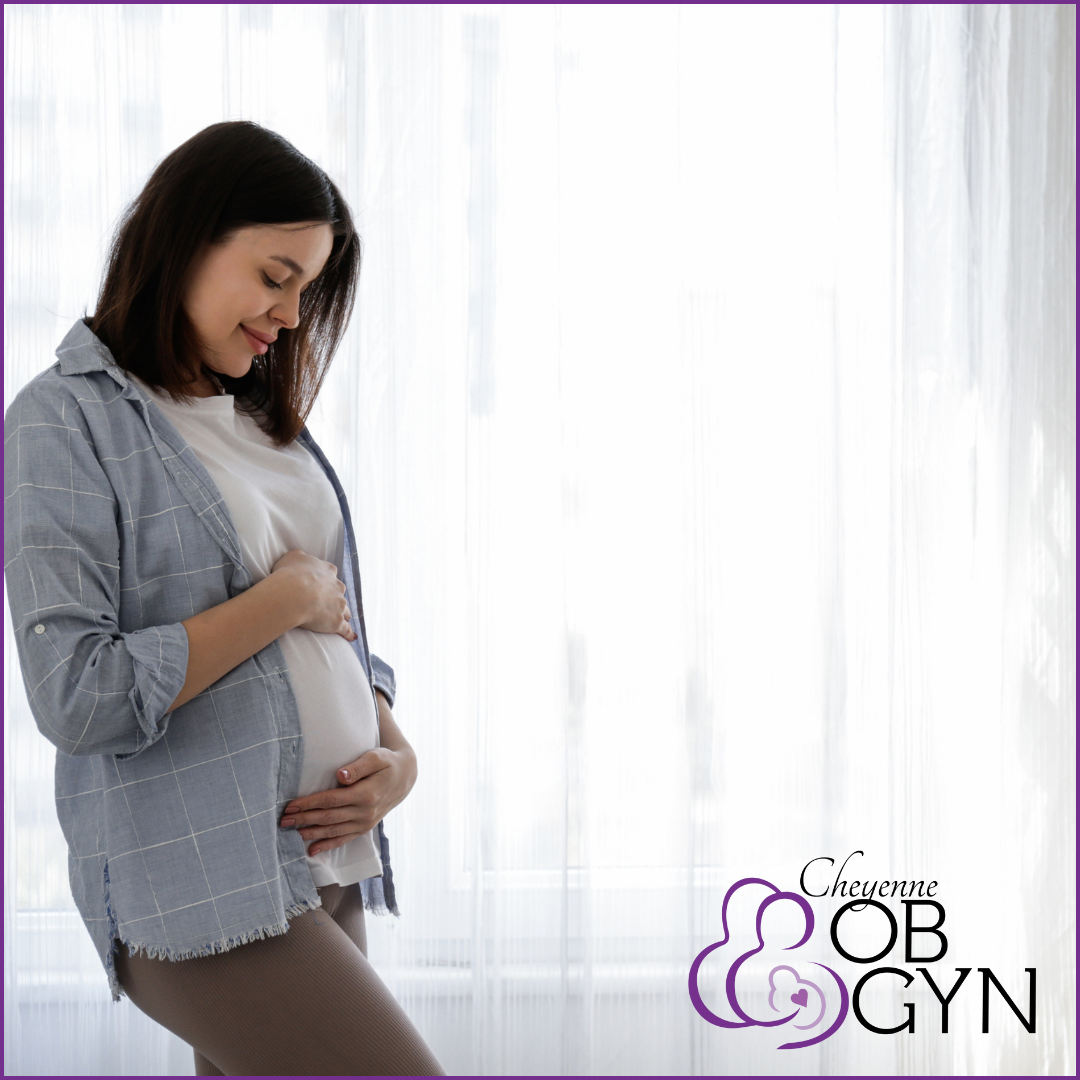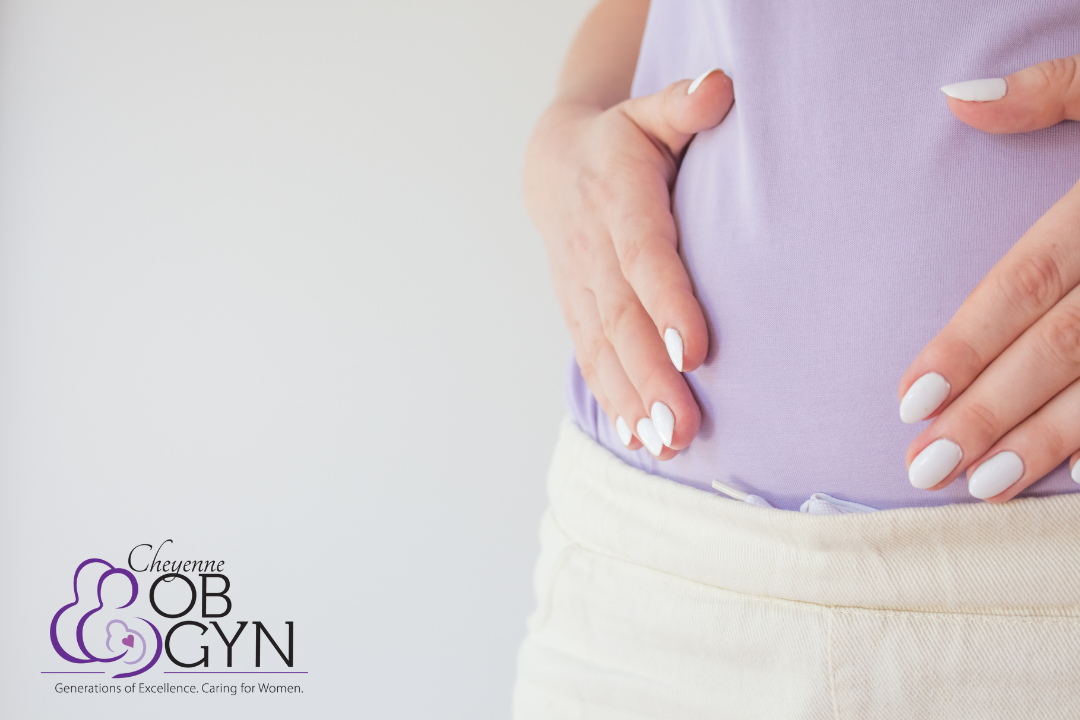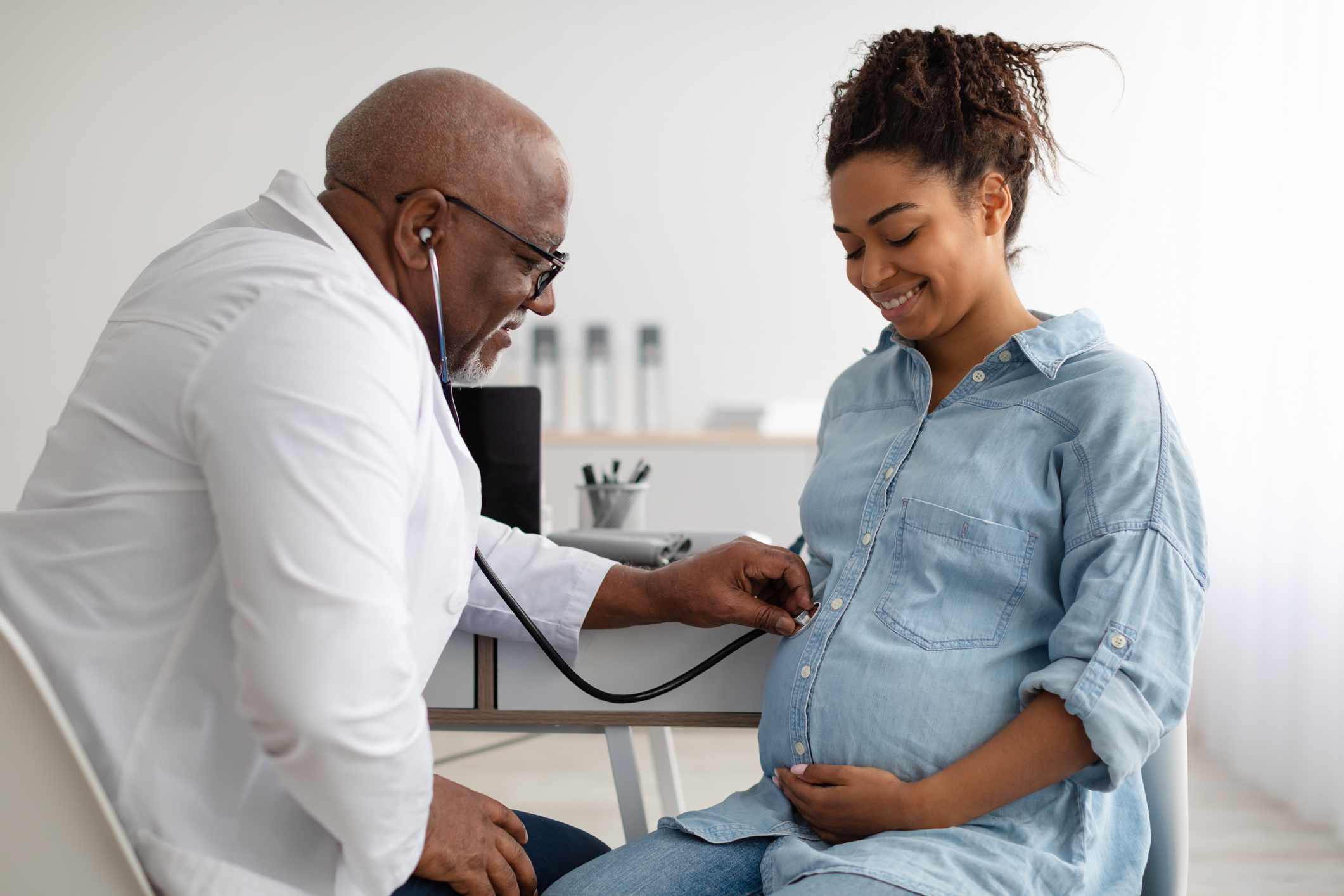September is PCOS (Polycystic Ovary Syndrome) Awareness Month, a time dedicated to spreading awareness about this common hormonal disorder that affects many women worldwide. PCOS is a condition that can impact reproductive and overall health, making it crucial to understand its symptoms, potential complications, and available treatment options. Understanding PCOS: Polycystic Ovary Syndrome is a […]
Category: Womens Health
The Fight Against Ovarian Cancer
September is Ovarian Cancer Awareness Month, a crucial time to raise awareness about this silent and often deadly disease. Ovarian cancer is the fifth most common cancer among women and is known for its challenging detection and symptoms. As part of our commitment to women’s health, Cheyenne OBGYN is dedicated to shedding light on the […]
Cheyenne OBGYN Supports Pink Ribbon Run
At Cheyenne OBGYN, we take immense pride in supporting the Wyoming Breast Cancer Initiative’s (WBCI) Pink Ribbon Run. This initiative resonates deeply with our commitment to community health and well-being. Since its inception, the WBCI has exemplified dedication and compassion, making a significant impact on breast health services across Wyoming. According to their website, the […]
What to Expect in the Third Trimester
The third trimester of pregnancy marks the final leg of your incredible journey toward motherhood. Your body undergoes remarkable changes as your baby grows and prepares for life outside the womb. At Cheyenne OBGYN, we understand the excitement and uncertainty that come with this phase; we will guide you through what to expect during the […]
Understanding the Importance of Breastfeeding
Breastfeeding is a natural and beautiful way to nourish and bond with your baby. As we celebrate Breastfeeding Awareness Month, Cheyenne OBGYN, highlights the importance of breastfeeding and the impact it has on the lifelong health and well-being of infants. Join us as we delve into why breastfeeding is crucial and worth celebrating. Optimal Nutrition […]
What to expect in the second trimester
The second trimester of pregnancy is from week 13 to week 26. For most women, the second trimester is the best part of the pregnancy journey. That’s mainly because any morning sickness is usually gone, and any initial anxiety has faded. It’s also the time when the baby bump has become visible, but moving around […]
Dietary Advice for Moms-to-be
A good diet is key during pregnancy for the baby’s healthy development and your own. When you’re pregnant it’s important to get the nutrients both you and your baby need, but don’t take “eating for two” too literally. You’ll want a healthy, well-balanced diet. Here are a few tips to making smart food choices during […]
What to expect in the first trimester
There are many changes that happen to a woman during the first trimester – both physical and emotional. When a woman finds out she is pregnant she is typically already 6-8 weeks into her pregnancy! That’s largely because the first trimester actually starts before you are pregnant. It starts on the first day of your […]
A Partner’s Guide to Pregnancy
Even if you’re not the one who is pregnant, there are a number of ways a partner can contribute to a healthy and successful pregnancy. A reliable and supportive partner can help a mom-to-be stay healthy, active and feel a lot less stressed. Here are a few ways partners can help during the nine-month journey: […]
What is Preeclampsia?
Preeclampsia (also known as toxemia) is a serious condition that can happen to women sometime after their 20th week of pregnancy. Indications of preeclampsia include high blood pressure, high levels of protein in the urine and reduced functionality of the liver and clotting ability. Other signs of preeclampsia may include swelling, blurry vision, and consistent […]


